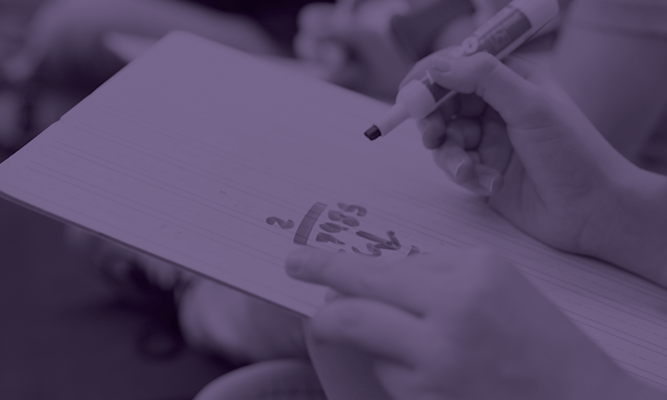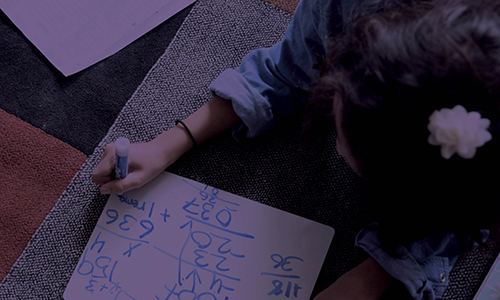Research brief
Student achievement in 2021-22: Cause for hope and continued urgency
July 2022

Description
At the end of the 2021-2022 school year—the third impacted by the COVID-19 pandemic—what are the cumulative effects of the pandemic on student achievement and gains in reading and math? Which students and schools have been most impacted, and are there early signs of rebounding? As school districts implement and refine their efforts to support academic recovery, these are critical questions.
New NWEA research addresses these questions and provides insight to inform leaders working to support recovery for all students. Using data from 8.3 million students in grades 3-8 who took MAP Growth assessments in reading and math between 2018–19 and 2021–22 and a similarly sized sample of students who tested between 2015–16 and 2018–19, this new research reveals some encouraging early signs of academic rebounding in 2021–22: reading and math achievement gains paralleled pre-pandemic trends in many grades, with stronger rebounding in math and among younger students. There was evidence of rebounding across all school-poverty levels. However, student achievement at the end of the 2021–22 school year remains lower than in a typical year, with larger declines in math (5 to 10 percentile points) than reading (2 to 4 percentile points), and middle school achievement declines appear to be mostly unchanged. The results showed uneven impacts of the pandemic across racial/ethnic groups with the largest achievement declines still apparent for Hispanic, Black, and AIAN students. While there is some evidence of rebounding for the students who have been the hardest hit, achievement disparities remain wider in spring 2022 than prior to the start of the pandemic, and notably, if trends in gains remain constant, recovery timelines extend past spending deadlines for federal recovery funds. Overall, while there are initial signs of rebounding, the findings point to a long road to recovery still ahead.
See MoreTopics: COVID-19 & schools









